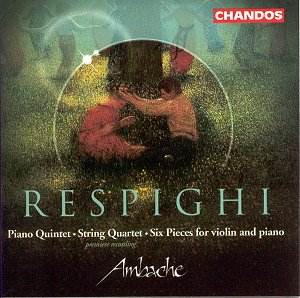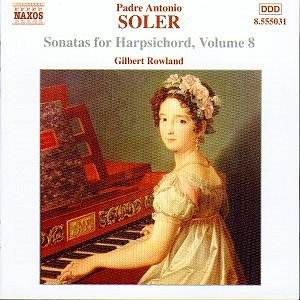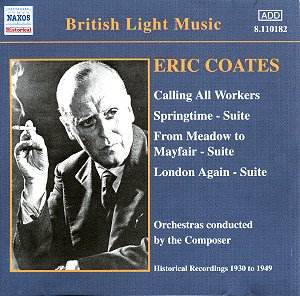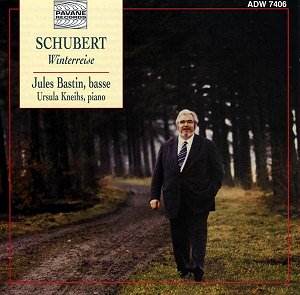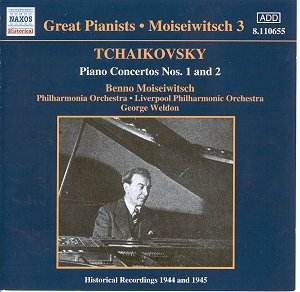 Composer: Pyotr Tchaikovsky
Composer: Pyotr Tchaikovsky
Works: Piano Concerto No. 1, Piano Concerto No. 2 (ed. Siloti), Chanson Triste Op. 40 No. 2
Performers: Benno Moiseiwitsch (piano), Philharmonia Orchestra/George Weldon
Recording: Friends Meeting House, London, 30-31 Aug 1945; Liverpool Philharmonic Hall, 29 Aug 1944
Label: Naxos Historical 8.110655
Tchaikovsky’s piano concertos occupy a significant place in the canon of Romantic music, renowned for their potent emotional expression and technical demands on the soloist. The First Piano Concerto, in particular, has garnered a reputation as a virtuosic showcase, often characterized by its fiery passages and grand orchestral support. However, this recording featuring Benno Moiseiwitsch, a pianist who straddles the line between lyricism and drama, offers an interpretation that diverges from the tempestuous renditions commonly associated with the piece, revealing a more introspective facet of Tchaikovsky’s genius.
Moiseiwitsch’s approach to the First Concerto is decidedly unflashy, emphasizing a poetic sensibility rather than the bravura typically expected. His phrasing in the first movement, while lacking the dazzling pyrotechnics of contemporaries like Horowitz or Argerich, conveys a profound sense of introspection. This is particularly evident in the softer passages, where Moiseiwitsch’s touch is nuanced, allowing the lyrical lines to sing without excessive ornamentation. The Andante, conducted by George Weldon, showcases a tender interplay between piano and orchestra, though some listeners may find it lacking the dramatic tension often present in more extroverted interpretations. The finale, while brisk, does not invite the same exuberant abandon, leaving one yearning for the vibrancy that more extroverted artists might provide.
The Second Piano Concerto, often overshadowed by its predecessor, is presented here in the Siloti edition, which notoriously condenses Tchaikovsky’s original work. This version, while historically significant, deprives the listener of the full breadth of Tchaikovsky’s compositional intent. Nonetheless, Moiseiwitsch’s performance in this truncated form emerges as more animated, particularly in the finale, where he navigates the thematic material with a lightness that is refreshing yet restrained. The regal quality often associated with this work comes through, evoking echoes of Beethoven and Mozart, but the limitations of the edition prevent a complete appreciation of Tchaikovsky’s architectural grandeur.
Sound quality in this historical recording is commendable for its time, with the piano possessing a slightly muted tone that lacks the brilliance found in modern recordings. Ward Marston’s restoration efforts ensure that the audio is free from disruptive artifacts, though the mono format is a limiting factor. There are moments where the tonal differences between the various recording sessions cause a noticeable shift in the aural landscape, yet this adds an element of historical authenticity to the listening experience.
In drawing comparisons with other notable recordings, such as those by Emil Gilels and Peter Donohoe, one finds that while Moiseiwitsch’s interpretations offer a compelling glimpse into the past, they may not satisfy those seeking the full emotional spectrum that Tchaikovsky’s concertos can evoke. The absence of ostentation and dramatic flair in Moiseiwitsch’s performances may be rooted in the personal tribulations he faced during the 1940s, which adds a layer of poignancy to the interpretations.
this Naxos release captures a vital moment in the history of Tchaikovsky performance practice through the lens of Benno Moiseiwitsch. While it may not resonate with those accustomed to more flamboyant interpretations, it stands as a testament to the more reflective side of Tchaikovsky’s concertos. For listeners seeking depth and historical context, this recording is undoubtedly significant, although those desiring a more complete experience of these beloved works may find richer alternatives in the catalog.
